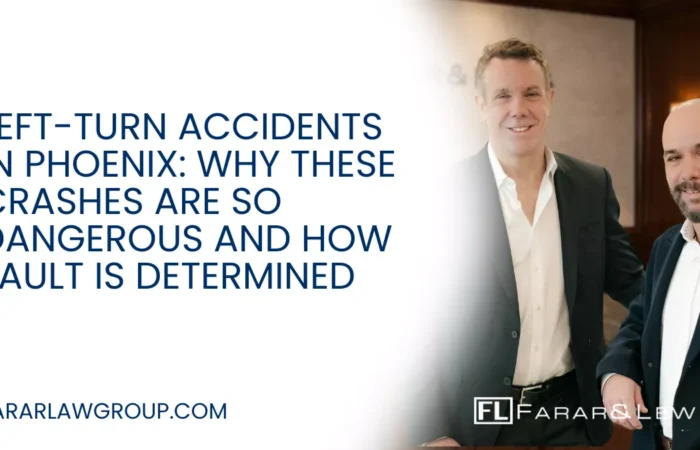There’s a lot to handle when a car accident case occurs. The police report and the insurance issues are just the beginning. There could be injuries, and there might be other issues you need to deal with, and a personal injury case might take much longer than you anticipate. If you choose to file a lawsuit, it’s going to take even longer. You are injured, you’re upset, and your life has changed since someone hit you and left you to pick up the pieces of their negligence. You just want to move on with your life, and now it’s too late. You’re stuck battling another person, their insurance company, and all the legal drama that goes along with. Can you just put an end to it and make it all go away in a reasonable time, or will it last that much longer? There is no black and white answer to this question, but there are some factors to consider.
Treatment Issues
If you are injured and being treated for your injuries, your case will not be settled. If you can recover from your injuries, your personal injury case will not be put to an end until you recover completely and your medical bills stop coming in. This is when your case is likely to begin to come to a close. If your injuries are long-lasting or permanent, this rule still applies.
If you are injured for the rest of your life, it’s called maximum medical improvement. This means you will never recover from your injuries associated with the accident, but you will get to go home or at least settle down your medical bills. It could mean moving into a healthcare facility for the rest of your life, or going home and living with the repercussions of your injuries. Either way, this is when your medical improvement has reached its peak. You might still incur medical bills for the rest of your life, but they’ll be far less substantial and spread out.
Medical Records
No one should ever settle a personal injury case without gathering all medical records. This means you want to be done with your treatment for the foreseeable future before you submit this information to your attorney. Once your attorney has this information, it’s part of your case. The opposing counsel will use it to determine their settlement offer, or it will be presented in court when the time is right. Either way, you need this information to finish a case.
One important notation regards to whom this information is presented. The attorney or insurance company representing the person who hit you and caused the accident might ask you directly for this information. Because they are professionals, you’ll be tempted to provide this information to them. Do not give them any medical records. These should only go to your own attorney and never to anyone else. Your medical history can and will be used against you if it helps the at-fault driver pay less or win the case entirely.
Settlement
Once the case is complete, you must wait on a settlement offer to be made. Insurance companies and at-fault drivers aren’t obligated to settle any case with you. They have every right to refuse to settle, and this means they can take the case to court. Most won’t, but there is always a company that will decide they can win.
Your case will not close until a settlement offer is reached, and no one ever knows how long it might take a company or opposing counsel to offer that settlement. If it’s not right, negotiations might become a factor in the timeline of closing your case. Once a settlement is reached, it might take a long time for an insurance company to issue a check. There is no real timeline for this, and many people find they must have their attorney call repeatedly to remind the insurance company to issue that check.
No case is officially closed until someone is issued a check or a judge determines there is no case to handle. Whichever comes first is the end of your case. You want to know how long it will take, but there’s no real answer to that question. It might take anywhere from a year or longer to settle a case, and other people might settle their own cases in a few months or less. It all depends on the specifics of your case. Don’t be discouraged if it takes a long time, though. Cases like these are very sensitive, and it doesn’t matter you want to stop thinking about them and move on. It will happen, and you’ll need to exercise exceptional patience until that day finally arrives with an end in sight.


